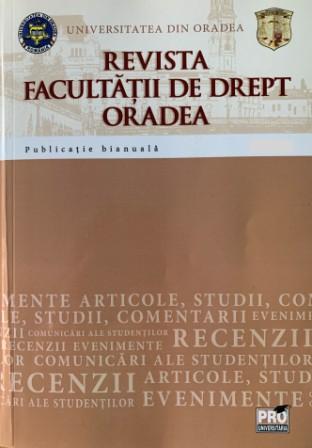Is the Alternative Residence in the Best Interest of the Child After Parental Divorce?
Is the Alternative Residence in the Best Interest of the Child After Parental Divorce?
Author(s): Carmen Oana MihăilăSubject(s): Civil Law, International Law, Family and social welfare, Comparative Law, Administrative Law
Published by: Editura Pro Universitaria
Keywords: alternative home; best interests of the child; parental authority; divorce; personal ties;
Summary/Abstract: Mom or Dad? Answer: Mom and Dad. Starting from the idea that parental authority is jointly exercised by both parents, in case of divorce, they can get to an agreement regarding the child's home. If the spouses do not reach an agreement or their agreement is not in the best interests of the child, the guardianship court will decide on the child's home taking into consideration several criteria that will be analyzed in the paper. Even if it does not have an express regulation in our legislation, it is a solution that is increasingly used both in the notary practice and in the courts, but in a non-unitary way. In the silence of the law the alternating residence has both supporters and opponents. But can this modern concept have a positive impact on the child as separation and divorce certainly affect him/her? Doesn’t it create more confusion for the child when moving from a house to another or an alternative residence? Are there any material but also psychological benefits? These are just some of the questions we will try to find the answer to. Regardless of the support or criticism of this method of establishing the child's home after divorce, we must not forget that the child, his or her best interests, is at the center of all the debates on this topic.
Journal: Revista Facultății de Drept Oradea
- Issue Year: 1/2020
- Issue No: 1
- Page Range: 83-96
- Page Count: 14
- Language: English

